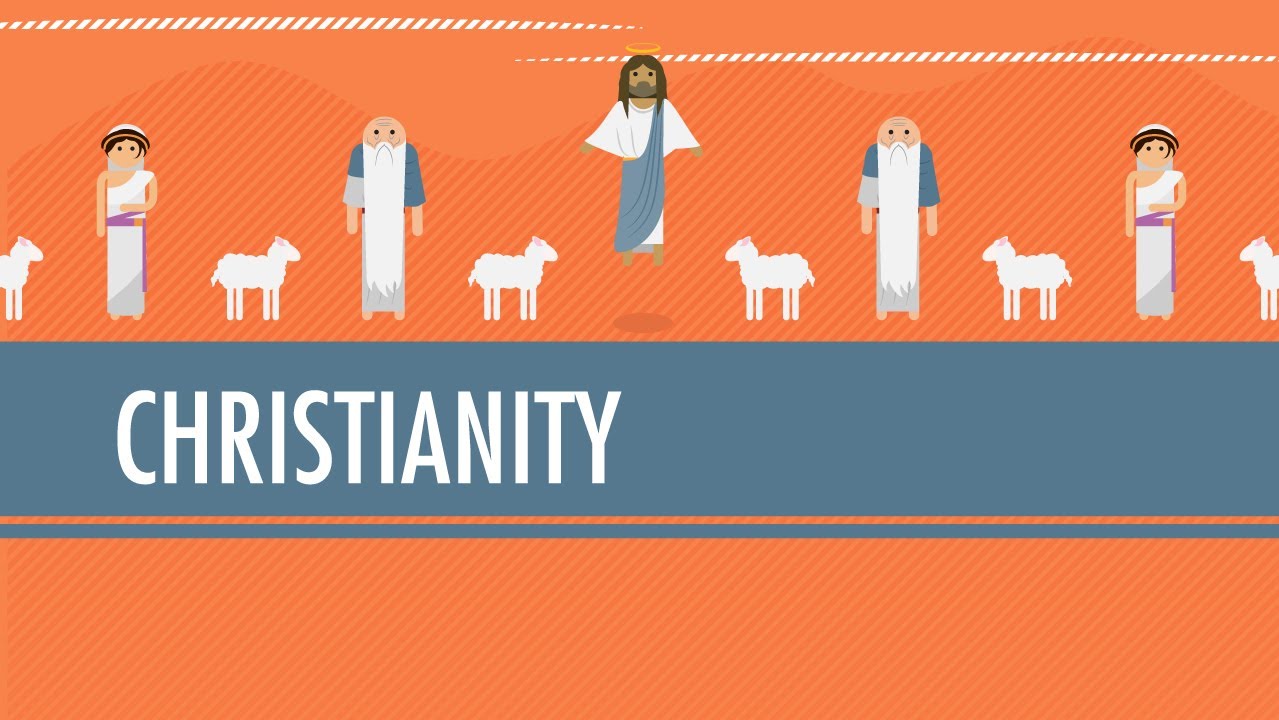Though a good deal of dislike and misunderstanding had always characterized the attitudes of most Greeks and Romans toward each other, Roman admiration for Greek literature and art deeply influenced the work of Roman writers and artists. The triumph of Christianity tended to contribute new sources of misunderstanding and tension to the relationships between Easterners and Westerners. The political divisions imposed by Diocletian and repeated by many of his successors expressed the geographic distinction between Eastern and Western provinces that corresponded roughly to the old Greece and Rome.
As Germanic inroads began increasingly to disrupt communications in the fourth and fifth centuries and to threaten all the established institutions in the West, the opportunities for Westerners to know Greek and embrace the early classical tradition decreased. In the Eastern provinces few except soldiers and professional administrators had ever spoken or read Latin, though it remained the official language of legislation at Constantinople through the fifth century. Despite the growing division, however, the literature of the late Roman and early Christian world may be treated as a whole, often because of subject matter.

